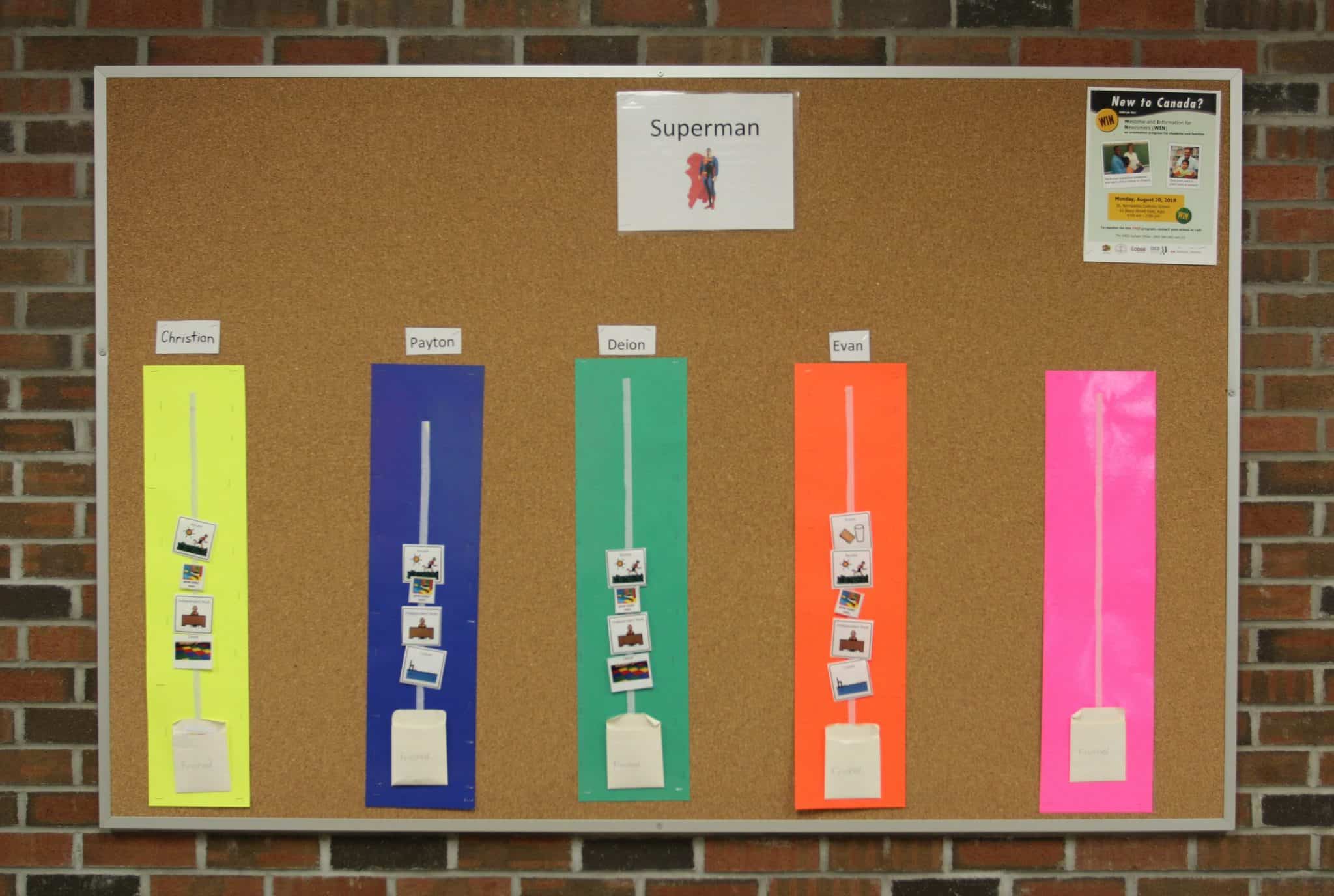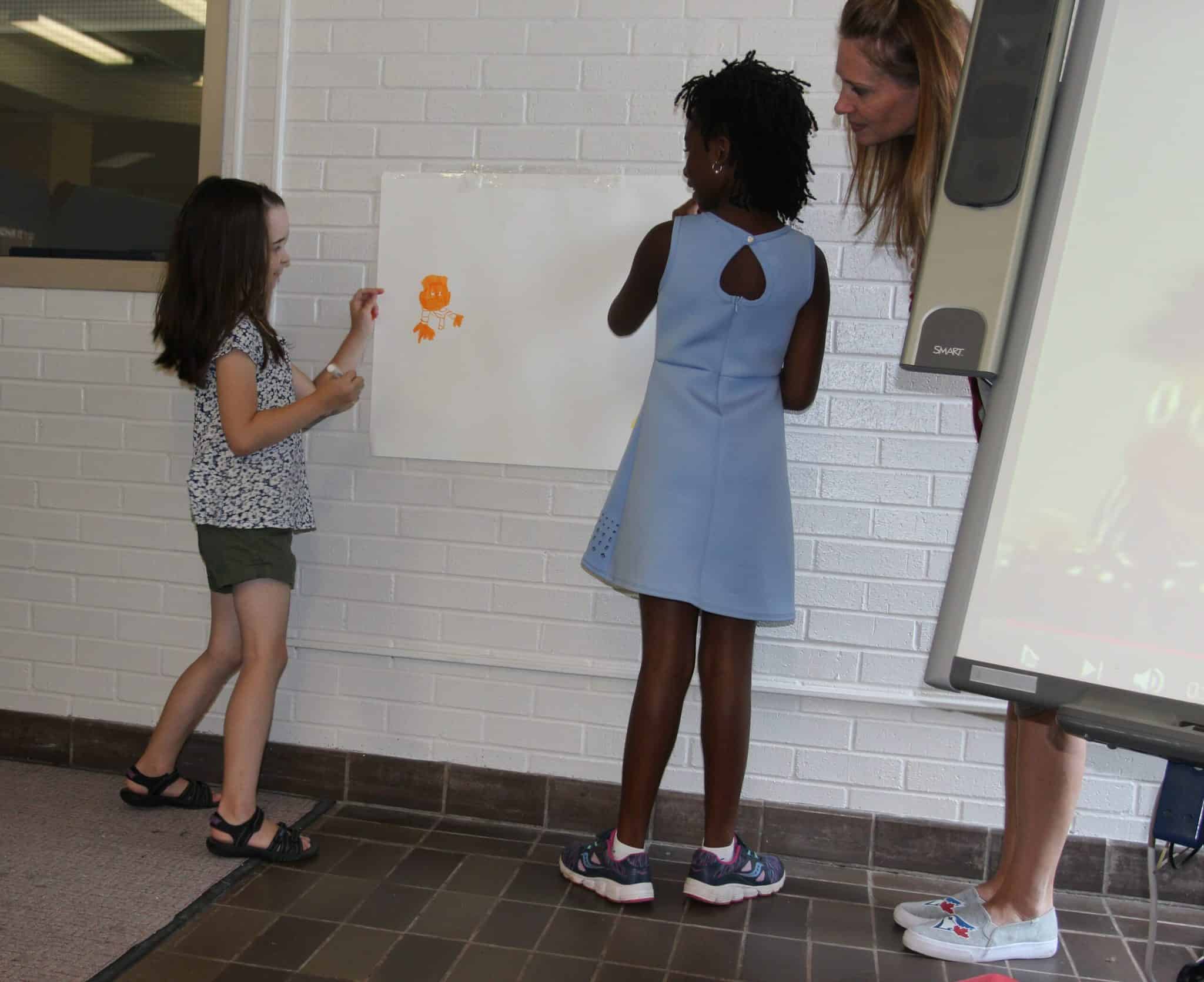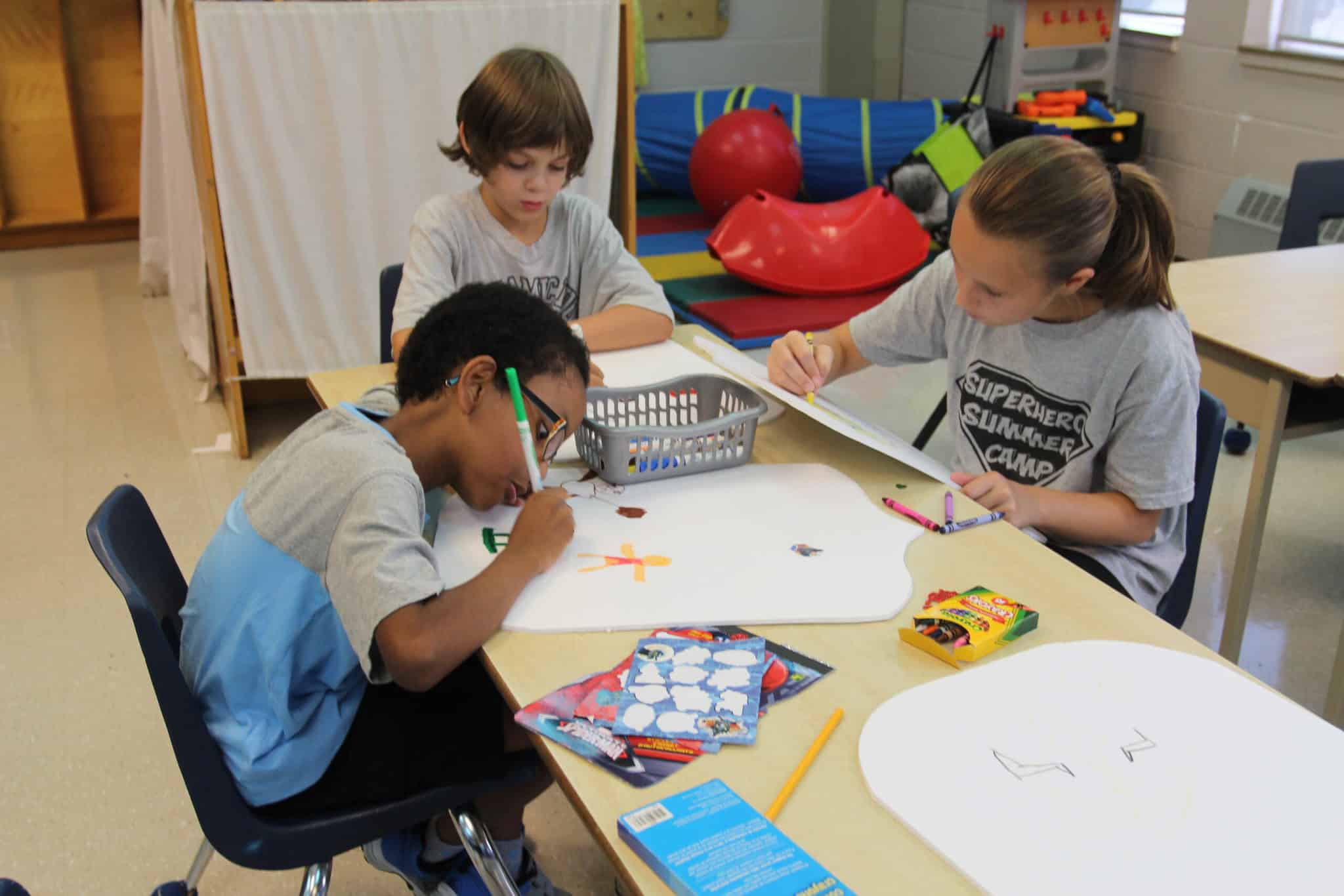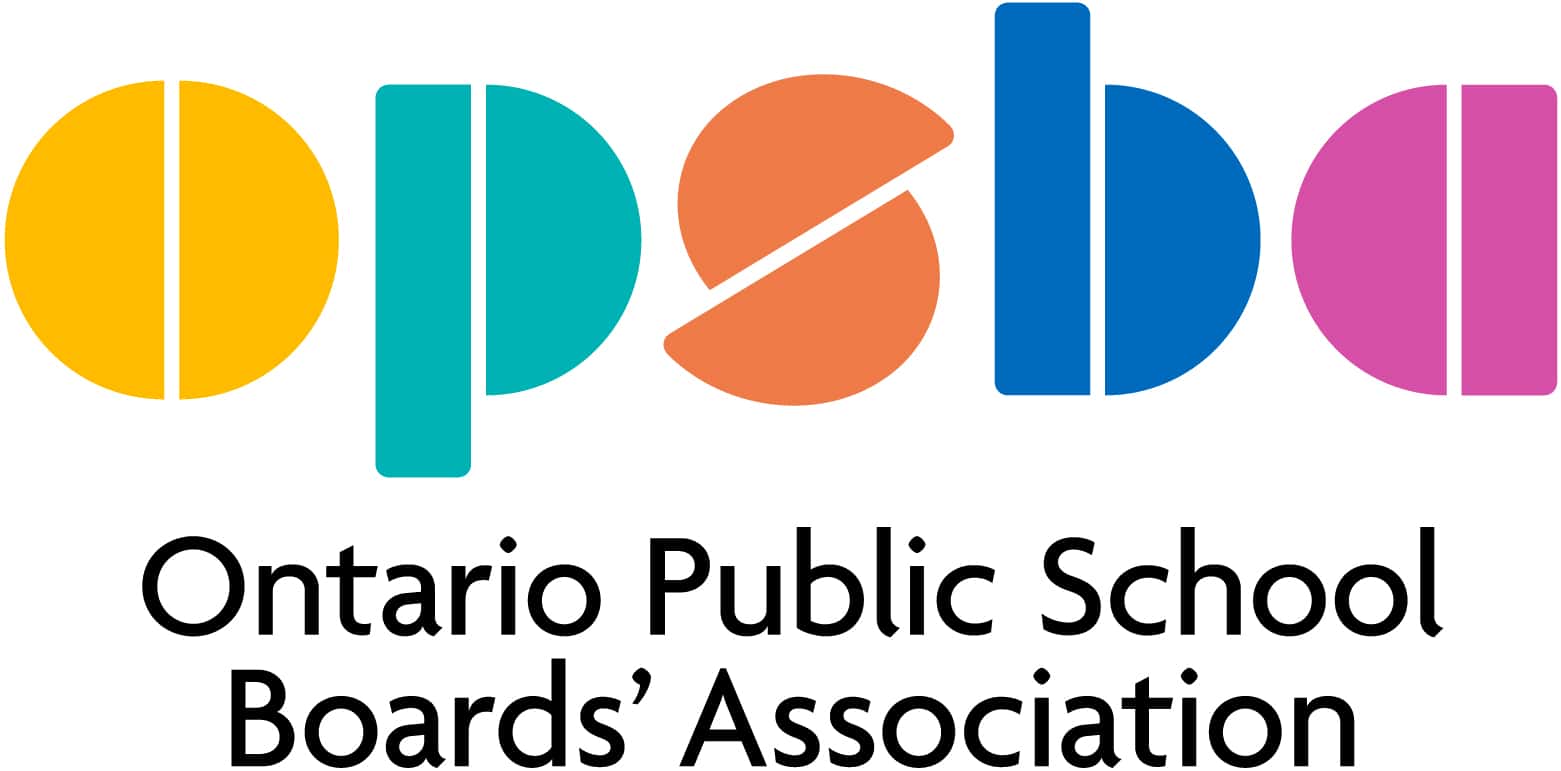Durham District School Board
Summer Transition Camp for Students with Autism
DDSB students with autism return to a school setting to prepare for the upcoming year.
 |
For the past four years Inclusive Student Services (formerly the Special Education Department) in the Durham District School Board has run a transition camp for students with autism. The program is available for students in Senior Kindergarten to Grade 3 who are in a mainstream class. This year the camp ran from August 20 to 24 at Bolton C. Falby Public School in Ajax, which has been the camp’s home since it began.
“They’ve had a whole summer without any structure and lack of routine, so it helps them get used to using their schedules again,” says Special Education Facilitator, Kristen Bennett.
The idea for the Summer Transition Camp came from a similar program that runs in the York Region District School Board (YRDSB). Bennett, along with two other Special Education Leaders, Victoria Stein and Jennifer Morris, did their research and spoke with a teacher from the YRDSB program.
“She [the teacher] said their program was aimed at getting kids in the mood of going back to school,” explains Stein. “As well, it was about getting their parents in the routine of making lunches and those kinds of things.”
 |
From 9 am to 1 pm students took part in a variety of different activities and lessons aimed at getting them used to being in a structured environment again.
Each student had an individual schedule and visited eight different activity stations which included: Quiet Time, Independent Work, Turn Taking Activities, Recess, Gym, Sensory Based Arts and Crafts, Social Thinking, and Self-Regulation. Having different activity stations and personalized schedules to follow helps students regain a structured routine which they can carry into the school year.
In the Social Thinking activity station run by Morris, students watched short video clips to help them identify comfortable and uncomfortable feelings that the characters had. Morris showed students how to change negative self-talk into positive self-talk, and why it is important to understand the different perspectives of other people.
 |
In the Self-Regulation activity station, Special Education Leader Carol Bricker taught students breathing strategies and helped them create personalized calming routines. Bricker noticed the calming routines helped some of the students almost immediately, “There were a couple of kids who said they were a little elevated coming in today. They said after we did those they were down to a 1 or a 2.”
In the camp’s first year there were six students and three Special Education Leaders. Now they are up to 16 students, six Special Education Leaders and two volunteers.
Stein notes that the feedback has been nothing but positive, “The parents really like it, and the kids all have a great time.”
| Previous Article | Next Article |

